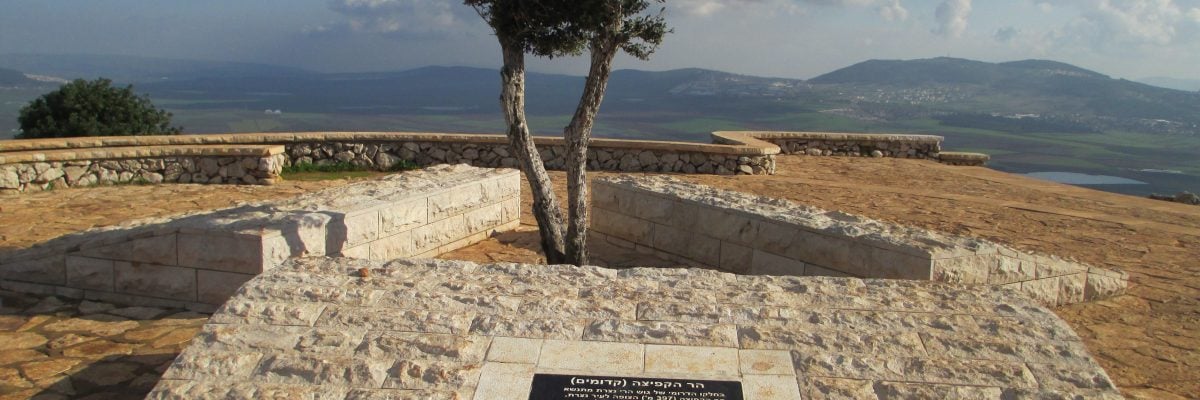
Homily for the Fourth Sunday in Ordinary Time, Year C
Jesus began speaking in the synagogue, saying:
“Today this Scripture passage is fulfilled in your hearing.”
And all spoke highly of him
and were amazed at the gracious words that came from his mouth.
They also asked, “Isn’t this the son of Joseph?”
He said to them, “Surely you will quote me this proverb,
‘Physician, cure yourself,’ and say,
‘Do here in your native place
the things that we heard were done in Capernaum.’“
And he said, “Amen, I say to you,
no prophet is accepted in his own native place.
Indeed, I tell you,
there were many widows in Israel in the days of Elijah
when the sky was closed for three and a half years
and a severe famine spread over the entire land.
It was to none of these that Elijah was sent,
but only to a widow in Zarephath in the land of Sidon.
Again, there were many lepers in Israel
during the time of Elisha the prophet;
yet not one of them was cleansed, but only Naaman the Syrian.”
When the people in the synagogue heard this,
they were all filled with fury.
They rose up, drove him out of the town,
and led him to the brow of the hill
on which their town had been built,
to hurl him down headlong.
But Jesus passed through the midst of them and went away.
-Luke 4:21-30
From ancient times until today there has been a little church in Nazareth, on the way to the precipice mentioned in today’s Gospel, dedicated with an unusual title: Our Lady of the Fright. This church, which had fallen into disrepair, was restored in the last decade, and now the Holy Mass is celebrated there each day again. It was from that spot that Our Lady would have seen the people of Nazareth, her lifelong neighbors, bringing her son and our Lord to cast him from the brow of the hill.
Now, she surely knew from the prophecies of Isaiah and the prophecy of holy Simeon many years before that her Son was going to suffer and be a sign of contradiction. Her faith and love were perfect, so why, we might ask, would she be seen as fearful?
Well, fact is, the perfect control of the emotions that was hers by grace in her unfallen nature, and indeed the relative perfect control of the passions by the other saints, does not remove these emotions. They all remain, but they are under the guidance of the gifts of the Holy Spirit, informed by divine charity and moved by the impulses of the same Holy Spirit.
We feel fear in the face of an impending evil, difficult to avoid. What evil would Our Lady have feared? Certainly not that the Savior would fail or be overcome; rather, she feared the evil and disorder that the crowd’s actions would bring upon them. So she prayed, and “Jesus passed through the midst of them and went away.”
This is, as we know, a very fickle mob: at one moment astonished and edified and proud, and at the next furious, violent, and resentful. Our Lord, on the other hand, is steady, authoritative, sure of his words and feelings and actions, full of courage. This is how we know we need to make progress in the ways of holiness: if our passions, our feelings, and emotions are not directed by reason, faith, and charity, but shift about and resist the governing of the Spirit. Unruly emotions cause most of our sins, whether slight or grave.
The Savior came to take away those sins, and this means also those dispositions we have that lead us into them. Christ’s work in us is to heal us in our feelings, passions, and emotions, and this is really the work of the Christian life. We make use of the means of grace, of prayer, penance, and the holy sacraments to allow the gifts of the Holy Spirit ever more freedom to act in us and move us.
Earlier in this scene Jesus makes Isaiah’s words his own:
The Spirit of the Lord is upon me,
because he has anointed me
to bring glad tidings to the poor.
He has sent me to proclaim liberty to captives
and recovery of sight to the blind,
to let the oppressed go free.
His grace within us can free us from those defects in our affective life that hinder his work in our soul—and this work is nothing less than union with God and a sharing in his divine nature.
May Our Lady of the Fright pray for us that we may not follow the people of Nazareth, full of frenzy and passions, but rather Jesus. She will help us pass through the crowd of our unreliable feelings and desires, and get away safely in the company of her son.
Image: Mount of the Precipice in Nazareth. Avishai Teicher via the PikiWiki – Israel free image collection project



